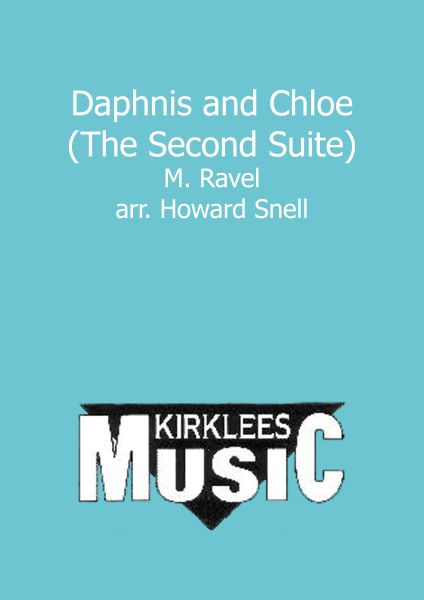We've found 62 matches for your search. Order by
Results
-
 £34.50
£34.50Daphnis and Chloe (The Second Suite) (Score only)
It is produced especially in A3 large format due to the complexity of some passages of the arrangement. This revised (2012) version of the complete Second Suite from RAVEL's DAPHNIS & CHLOE arranged by Howard Snell, has been chosen as the test piece fo
Estimated dispatch 7-14 working days
-
£7.00
Duo des Chats - Gioacchino Rossini - Thierry Caens
Duetto buffo di due Gatti / Duett Zweier Katzen / Duet for Two Cats
Estimated dispatch 7-14 working days
